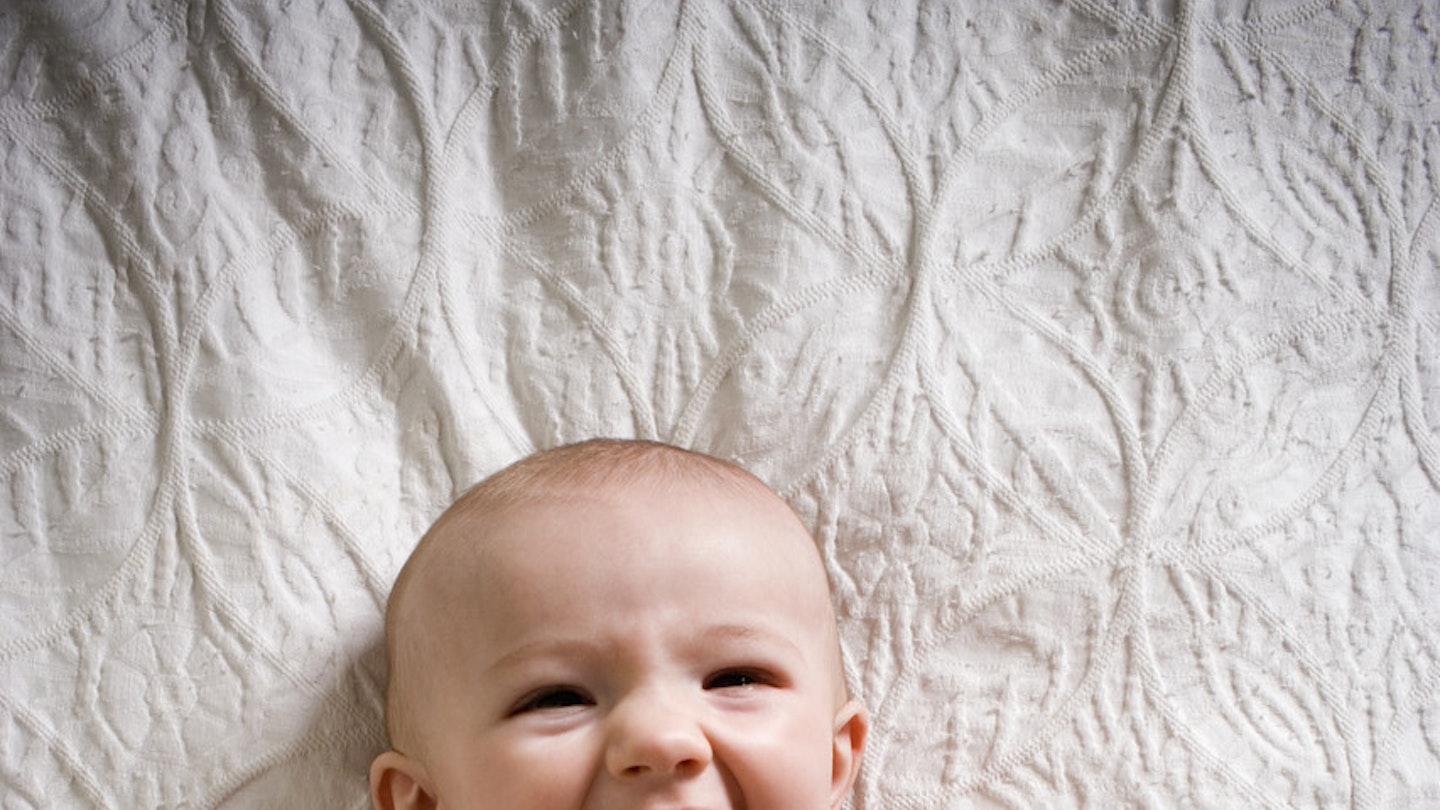Ever find yourself cooing at your baby and wondering if there's really any benefit? Good news is that it’s not just a sign of affection, it’s helping your baby to talk too according to new research.
The study by academics at the University of Washington, published in the Proceedings of the National Academy of Sciences, suggests that baby brains start laying down the groundwork of how to form words long before they actually begin to speak.
Mums’ slow, exaggerated speech — dubbed ‘motherese’ by experts — is key to babies’ learning process, helping them to distinguish clear vocal sounds form other noises, even if they can’t see the person speaking.
The leading academic in the study, Professor Patricia Kuhl, says, ‘When infants hear it, their brains may find it easier to model the motor movements necessary to speak.
‘Hearing us talk exercises the action areas of infants’ brains, going beyond what we thought happens when we talk to them,' she explains. 'Infants’ brains are preparing them to act on the world by practising how to speak before they actually say a word.’
The study found that babies at seven months can differentiate voices from other sounds and by 11 months babies can differentiate their mother tongue from other languages.
Professor Patricia Kuhl, said, ‘Most babies babble by seven months, but don’t utter their first words until after their first birthdays.
‘Finding activation in motor areas of the brain when infants are simply listening is significant, because it means the baby brain is engaged in trying to talk back right from the start and suggests that seven month olds’ brains are already trying to figure out how to make the right movements that will produce words.’
What was your baby’s first word? Let us know below!
